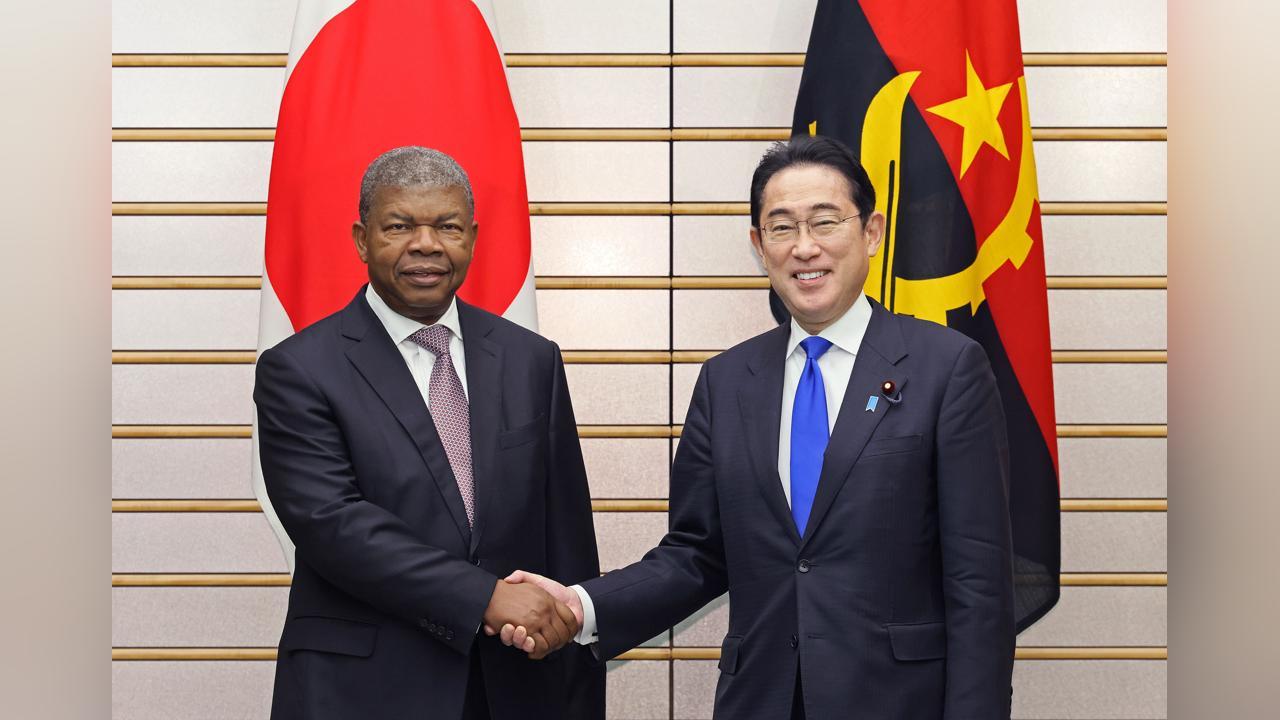Africa-Press – Angola. In Osaka-Kansai, Japan, Minister of State for Social Affairs, Maria do Rosário Bragança, reaffirmed the Angolan government’s commitment to building health infrastructure for different levels of care, training professionals, and modernizing technology.
Speaking at the Osaka-Kansai Expo, on the day dedicated to Angola, the Minister of State highlighted the government’s investments in establishing a more equitable and robust health system, prepared to face local and global health challenges.
Furthermore, she emphasized the government’s “firm investment in health education as a primary form of prevention, encouraging health literacy and community empowerment.”According to the minister, who was speaking on behalf of the President of the Republic, João Lourenço, the Angolan government considers investment in education a mandatory priority, given its transformative role.
“Our policies are focused on investing in new generations, with increased attention to the education of our girls and the empowerment of women as essential pillars of healthy and resilient societies,” she stated.
Strengthening the strategic partnership
The Minister of State emphasized that Angola aims to deepen its partnership with Japan in attracting investment to diversify its economy, for which sectors such as agriculture, renewable energy, tourism, and infrastructure are crucial to reducing the economy’s dependence on its natural resources.
In her view, both countries should take advantage of the Agreement for the Liberalization and Protection of Investments (ALPPI), which provides unique opportunities for entrepreneurs to create favorable conditions for investment and stimulate the co-creation initiatives advocated within the framework of the Tokyo International Conference on African Development (TICAD).He recalled that Japan stands out as a key technical and financial partner in several areas, notably the rehabilitation of the Port of Namibe, the professional training of education professionals, the success of rice cultivation projects in Huambo and Bié, the partial rehabilitation of the Josina Machel Hospital, and demining.
He noted that these and other projects underway demonstrate Japan’s strategic importance, elevating it to the status of a privileged partner that Angola can and should count on at every stage of its development process.
He encouraged the Japanese to take advantage of the visa-free tourist offer to Angola, “traveling to encounter nature and unique fauna, such as the majestic giant sable antelope or our emblematic flora, such as the imposing baobab trees and the resilient Welwitschia Mirabilis,” displayed in the Angola Pavilion.Expo 2025, also known as the Osaka Kansai World Expo, lasts six months, totaling 184 days. It is the third such event in Osaka, which previously hosted Expo 1970 and the 1990 Horticultural Expo. It returns to the traditional five-year scheduling cycle after Expo 2020 was postponed.
The main theme of this edition is divided into three subthemes: “Saving Lives,” “Empowering Lives,” and “Connecting Lives.”
Expo 2025 brings together ideas and technologies from various countries, international organizations, companies, and civil society groups that are presenting a vision of the future that contributes to the achievement of the Sustainable Development Goals (SDGs).
Architect Sou Fujimoto is responsible for the Expo’s masterplan and the design of the “Great Ring,” a structure that serves as the main visitor route and offers climate-protected spaces.
For More News And Analysis About Angola Follow Africa-Press






